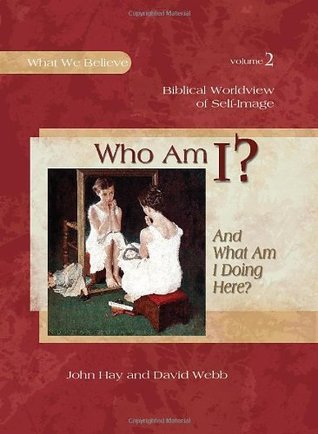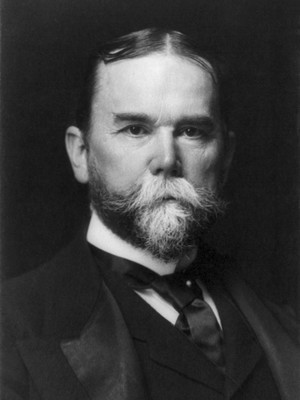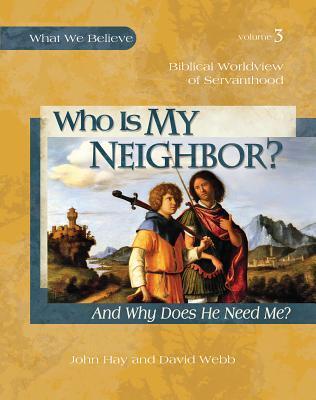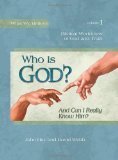
Part of Series
Our children are bombarded daily with competing messages. Every song, movie, book, TV show, blog, and game is full of ideas—ideas about God, people, truth, beauty, and right and wrong. Not all of these ideas are true. Some are deceptive and even destructive. The What We Believe series helps children learn to discern the truth by using God's Word as a lens through which to view the world around them—to see everything the way God sees it. Easy to use for the whole family, this beautiful hardcover volume is the second book in a four-part study that introduces young people, ages 6-14, to the basic truths of the Christian faith. Through engaging stories, creative notebooking, and fun activities, they will come to understand what it means to be fearfully and wonderfully made in the image of the Most High God. This study will enable children to develop a healthy, biblical self-image and a sense of God-given purpose that will last a lifetime. This engaging series is a wonderful tool to help Christian parents keep family discipleship front and center. This is one curriculum choice in a class by itself. Debra Bell Author of The Ultimate Guide to Homeschooling This is a vital resource, extremely well done, and one which I predict will become a standard text in many churches, homes, and schools. I highly recommend the entire What We Believe series. Alex McFarland President of Southern Evangelical Seminary A powerful inoculation of truth that will help protect our young people and make them better ambassadors for Christ. Frank Turek Co-author of I Don't Have Enough Faith to Be an Atheist Finally! A comprehensive approach to biblical worldview training that targets very young minds, when the formation of a person's worldview is most active. The What We Believe series is long overdue. It is truly outstanding! I'm getting this curriculum for my own grandchildren—and their parents. Christian Overman Founding Director, Worldview Matters This new series from Apologia fills a much needed niche in the homeschool community. Highly recommended! Homeschooling from the Heart
Author

John Milton Hay (October 8, 1838 – July 1, 1905) was an American statesman & official, lawyer and writer; his career in government stretched over almost half a century. Beginning as a private secretary and assistant to Abraham Lincoln, Hay's highest office was United States Secretary of State under Presidents William McKinley and Theodore Roosevelt. Hay was also an author and biographer, and wrote poetry and other literature throughout much of his life. John Hay was born on October 8, 1838, in Salem, Indiana, but spent most of his youth in Warsaw, Illinois. The third son of Dr. Charles Hay and Helen Leonard, Hay moved to Illinois when he was 13 years old to study at an academy in Pittsfield. There, he met John Nicolay, with whom he would later work as a private secretary for President Abraham Lincoln. A year later, in 1852, Hay left for Springfield College. After completing his early education, he was accepted into Brown University, his grandfather's alma mater. While studying at Brown, Hay developed a strong interest in literature, particularly poetry. He became actively involved in Providence’s literary community, which included Nora Perry and Sarah Helen Whitman, who had been engaged to Edgar Allan Poe. Upon graduating from Brown, Hay was named "class poet," but he left school before receiving his diploma at the university's official commencement ceremony. After graduation, he returned home to Warsaw, Illinois, where he studied law and worked for his uncle, Milton Hay's law office. The law office where Hay worked was next door to Abraham Lincoln's law office and, as a result of their close proximity, Hay and the future president became acquaintances. Lincoln was elected president of the United States in 1861 and he chose John Nicolay, Hay's childhood classmate, as his secretary. Nicolay subsequently recommended Hay for the position of private secretary to the president. Hay was offered the position, and served in the Lincoln White House from 1861 to 1865. He went on to serve as the U.S. secretary of state for both William McKinley and Theodore Roosevelt. Arguably his greatest influences were negotiating the Hay-Pauncefote Treaty and promoting an "Open Door" policy in China. Hay continued to write throughout his life. His literary work includes Pike County Ballads and Other Pieces, a book of poems; the novel The Bread-Winners; and Abraham Lincoln: A History, a historical non-fiction book co-written by John Nicolay. Hay died on July 1, 1905, in Newbury, New Hampshire.

